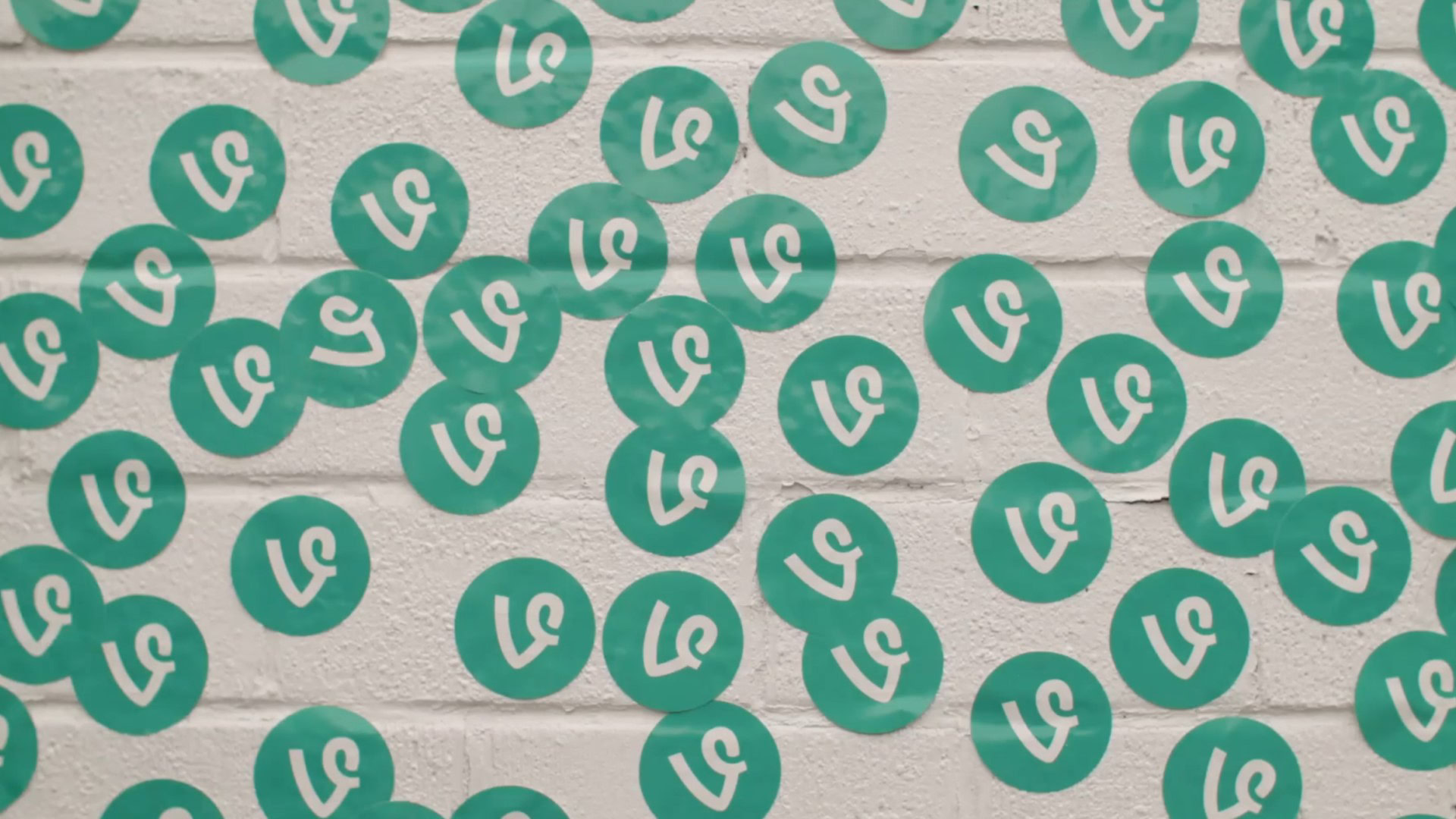THE top bosses of toy manufacturing giant Mattel have made a pricing promise to American consumers as the upcoming Christmas season inches closer.
The CEO and CFO vowed to keep half of the company’s products, including Barbies and Hot Wheels, under $20.
3

3

3
Mattel is massive multinational toy and family entertainment company founded in 1945, known for iconic brands such as Barbie, American Girl, and Hot Wheels.
The toy giant has struggled in recent months, reporting that both its net sales and net income in the second quarter had decreased 6% since last year, per a Wednesday press release.
Mattel’s dolls category was especially affected during the second quarter, dropping 19% in response to minimal Barbie product launches.
Challenges in the macroeconomic environment, such as global trade dynamics, have also taken a slight hit to Mattel’s financial standing, company CEO Ynon Kreiz and CFO Paul Ruh discussed during an investors conference call.
Almost 80% of toy imports come from China, meaning that the category is at heightened risk of price spikes under the current administration’s tariffs.
Mattel previously forecast that tariffs would cost the company $270 million, recently revising the figure to under $100 million.
Shoppers have already felt the pangs of price increases on their wallets across the board, warning companies that prices will impact their spending habits during the back-to-school season, per an ICSC report.
However, Mattel’s CEO does not view Americans as being more price sensitive than in 2024.
He shared that the company has been collaborating closely with its retail partners in terms of pricing headed into the second half of 2025 and the upcoming holiday season.
Luckily for consumers, Mattel does not plan to raise prices any higher this year, the company CFO told analysts.
Ruh also revealed that between 40% to 50% of the toy manufacturer’s US products will stay priced below $20, with Mattel’s goal being to keep prices as low as possible.
“We’re committed to the uninterrupted supply for a wide range of high-quality products and providing the right balance of price and value for our customers,” said the CFO.
WALLET WOES
Back in March, Mattel announced that it would need to bump up prices “where necessary” to combat higher operational costs stemming from Trump’s tariffs.
Shoppers quickly saw the price increases in effect, with a Barbie doll in a swimsuit at Target spiking 42.9% in just one week in April to $14.99, per a pricing analysis by Telsey Advisory Group.
What items will be affected by the tariffs?
AMERICANS should prepare to see significant prices changes on everything from avocados to cars under President Donald Trump’s new global tariffs.
Here is a list of some of the everyday products that could see a massive price tag surge.
- Coffee
- Tea
- Bananas
- Foreign-made cars
- Sneakers
- Furniture and other home goods
- Pharmaceuticals
- Video games
- Clothing
- Toys
- Washers and dryers
- Avocados
- Housing materials
At the time, the president had rolled out a 145% tariff on most products made in China.
The company shared that the price hikes were necessary despite Mattel’s plans to more quickly diversify its manufacturing base away from China.
China made up roughly 40% of the company’s global production at the time, top bosses revealed during a conference call.
Mattel planned to shift approximately 500 toys from Chinese manufacturers to sources in other countries in 2025, a notable increase from the 280 products in 2024.
For certain popular toys, the company shared that it would commence manufacturing in more than one country.
Mattel also revealed that it was taking strides to get toys to stores without interruptions to prevent potential shopping shortages.
The company noted at the time that even with price hikes, it projected that 40% to 50% of its products would cost shoppers $20 or less – a statement that Mattel has stood by.
“The diversified and flexible supply chain in global commercial organizations are clear advantages to Mattel in this period of uncertainty,” Kreiz told analysts in May.
Another popular toymaker previously addressed Christmas shortage fears after Barbie prices jumped.
Meanwhile, Amazon quietly raised prices on 1,200 of the “cheapest household goods,” potentially making the holidays a little more pricey.









